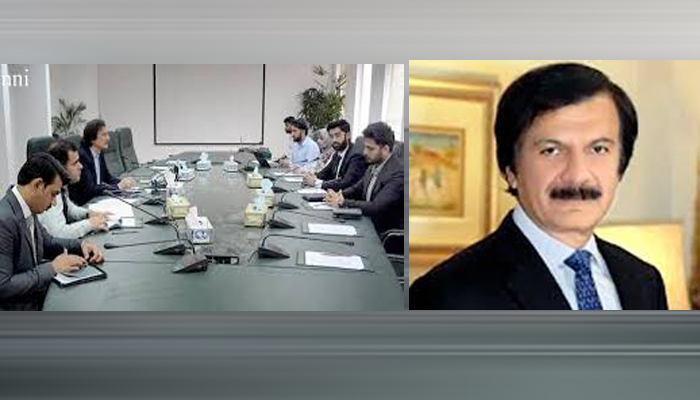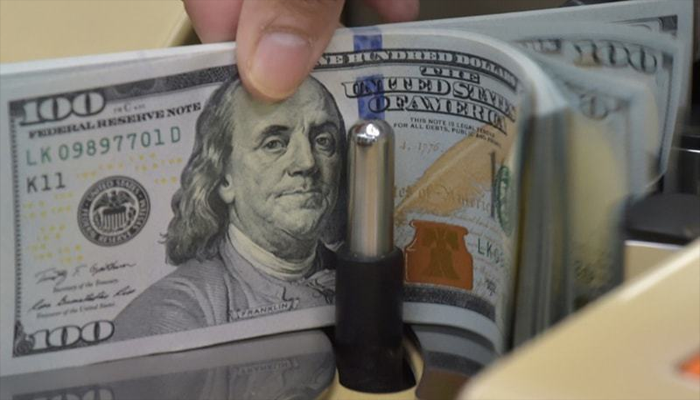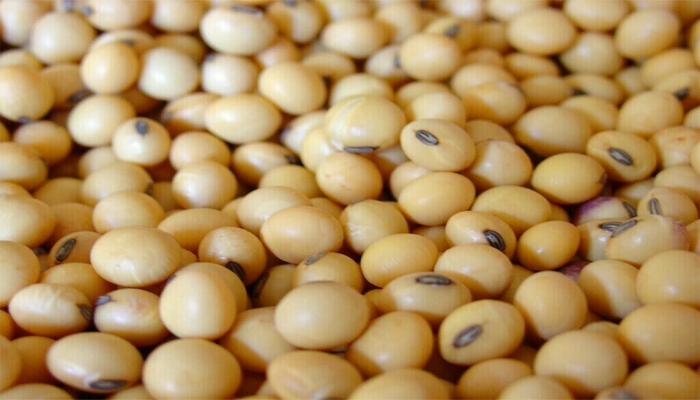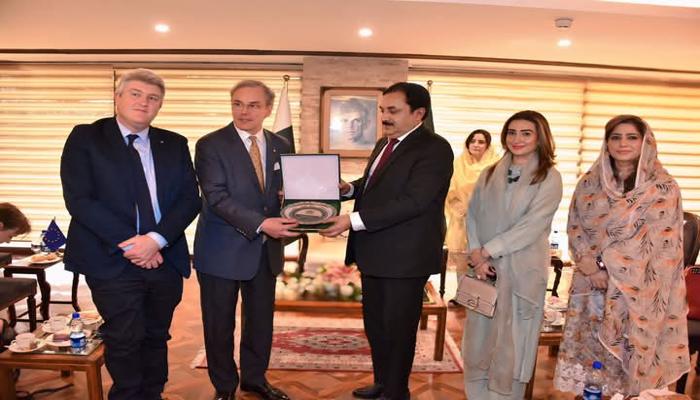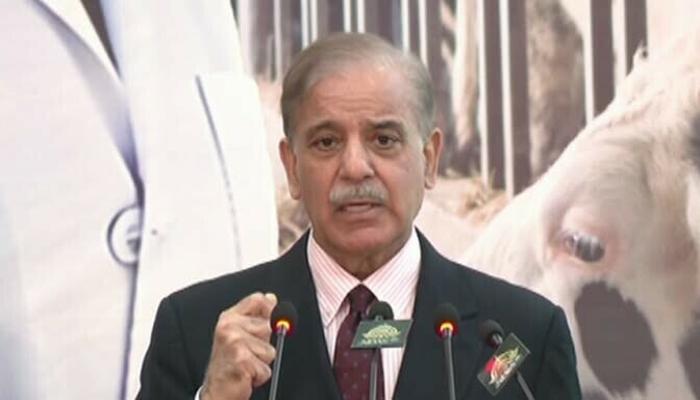ISLAMABAD: The Special Assistant to the Prime Minister on Industries and Production, Mr. Haroon Akhtar Khan, chaired a high-level meeting with the Small and Medium Enterprises Development Authority (SMEDA) on Wednesday to discuss the "Banana in Pakistan’s Bio-Economy: Transforming Waste into Textile" project.
The proposed initiative aims to address both environmental sustainability and industrial innovation by converting banana plant waste into usable textile products.
During the meeting, Mr. Haroon Akhtar Khan emphasized the significance of this project, noting its potential to transform the textile industry while benefiting the environment. He explained that around 35,000 tons of banana plant waste are generated annually in Pakistan, most of which is either discarded or burned. This waste not only contributes to pollution but also has adverse health impacts. Khan stated that by converting this waste into textile material, Pakistan could mitigate environmental degradation and promote eco-friendly industrial practices.
Khan pointed out that the project is particularly crucial for the development of small and medium enterprises (SMEs), especially in the provinces of Sindh and other banana-producing regions of the country. The initiative, which falls under the broader scope of the Prime Minister’s vision for sustainable economic growth, will create job opportunities, enhance local industries, and lead to the formation of a circular economy that encourages waste reuse.
He also highlighted the international potential of the project, noting that it could establish Pakistan as a global player in the textile and fashion industries. By innovating within the textile sector, Pakistan could attract international partnerships and increase its competitiveness in global markets. "This is not just about waste management; it is about turning an environmental challenge into an economic opportunity," said Mr. Haroon Akhtar Khan.
The Special Assistant issued clear directives for the swift implementation of the project, urging SMEDA and other stakeholders to work collaboratively to ensure that the project’s goals are met efficiently and effectively. He emphasized that the initiative is timely and in line with the Prime Minister’s "Uraan" initiative, which seeks to revive Pakistan's industries while ensuring environmental sustainability and economic growth.
Mr. Haroon Akhtar Khan reiterated the importance of maintaining institutional integrity and high performance throughout the execution of the project. He set a firm tone, emphasizing that inefficiency and corruption would not be tolerated. "I need results," he stated firmly, signaling his commitment to ensuring the successful rollout of the project. He stressed that stringent measures would be taken to ensure accountability, and that any lapses in performance would be met with strict consequences.
The meeting also focused on how the project could be expanded into other regions of Pakistan and involve local communities in the production process. The goal is to create a sustainable supply chain from banana farming to the production of textiles, thereby improving the livelihoods of local farmers and creating new markets for small and medium enterprises.
The meeting concluded with a commitment from all parties involved to expedite the project’s development and implementation. Haroon Akhtar Khan expressed optimism that the "Banana in Pakistan’s Bio-Economy" initiative would not only address critical environmental issues but also drive industrial innovation, contribute to the national economy, and position Pakistan as a leader in sustainable textile production.

